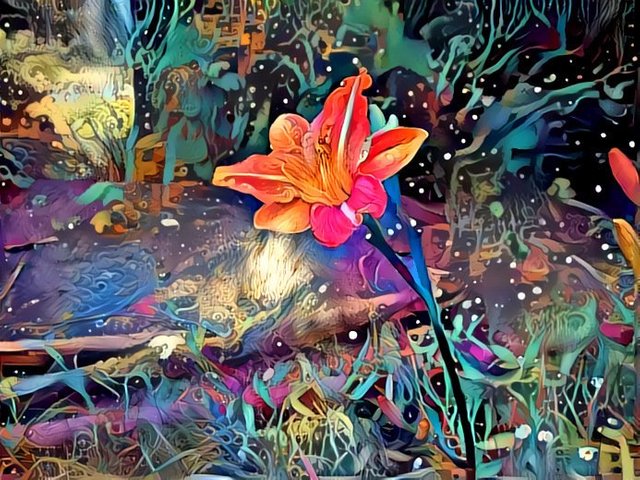
One conclusion was forced upon my mind at that time, and my impression of its truth has ever since remained unshaken. It is that our normal waking consciousness, rational consciousness as we call it, is but one special type of consciousness, whilst all about it, parted from it by the filmiest of screens, there lie potential forms of consciousness entirely different. We may go through life without suspecting their existence; but apply the requisite stimulus, and at a touch they are there in all their completeness, definite types of mentality which probably somewhere have their field of application and adaptation. No account of the universe in its totality can be final which leaves these other forms of consciousness quite disregarded.
—William James
As many readers will recall, in The Truman Show Truman is the unwitting subject of a reality television program. The show is set on “Seahaven Island,” an artificial town encapsulated under a dome and populated entirely by actors. To keep Truman unawares of the contrived nature of his reality, the actors use psychological manipulation—or physical coercion when necessary—to prevent Truman from venturing beyond Seahaven and coming up against the edge of the dome.
He is, effectively, imprisoned.
And so it is with the prohibition of psychedelic drugs. It is a confinement. Our rooms may feel capacious, but we are confined nevertheless. Not of space, as with Truman in Seahaven, but of mind.
Prohibition circumscribes consciousness itself. And, perversely, we are denied access to its most hallowed chambers.
As the dome confined Truman to the bubble of Seahaven, prohibition confines us to the bubble of ordinary waking (and dreaming) consciousness. Yet, there lie vast, exotic realms beyond.
Realms of untold beauty and splendor.

Artwork by Pineal Colada. Buy her gorgeous work here.
And the riches are there for the taking. Nobel Prize-winning creative insights. A pathway out of depression, PTSD, or addiction. Life-changing spiritual experience.
Psychedelics can deliver us the most precious things of all: greater happiness and meaning.
Yet, as with Truman, so successful our captors few of us are even aware our captivity. To the extent we are aware, we have been led to believe it is for our own benefit. That way be dragons, we are told.
Or frogs, at least.

But there be no dragons. While there are, admittedly, occasional "bad trips," users typically subsequently regard even these harrowing experiences as psychologically beneficial, and psychedelic use is in fact associated with lower rates of mental illness.
Cognitive liberty, or freedom of mind, is “liberty in the most literal and fundamental sense.”[1] It is “the beginning of freedom."[2] It is the most fundamental of rights. And, because psychedelics are the most powerful means for shaking up the world of thought, their prohibition thus likely represents the most egregious burden on cognitive liberty possible.
Maybe one day a government will nefariously wield some type of mind-control device against its citizenry (presuming we do not already count the TV as such), and perhaps this would represent a greater undermining of cognitive liberty. But, as it stands, I can scarcely imagine a grosser infringement on cognitive liberty than the prohibition of these most powerful and most beneficial consciousness-altering substances.

Artwork by Pineal Colada. Buy her gorgeous work here.
Finally, naturally, because prohibition directly burdens freedom of mind—“the matrix, the indispensable condition, of nearly every other form of freedom”[3]—it also indirectly burdens virtually every other liberty.
Freedom of expression, for example, is not truly free if we are deprived these creativity-enhancing substances. Freedom of religion is not truly free if we are deprived these mystical experience-inducing substances. We do not have privacy or medical autonomy or bodily autonomy generally if we cannot avail ourselves of these powerful medicines and maintain sovereignty over our own physiology . #Legalize
[1] Washington v. Harper, 494 U.S. 210, 238 (1990) (Stevens, dissenting).
[2] Ashcroft v. Free Speech Coalition, 535 U.S. 234, 253 (2002).
[3] Palko v. Connecticut, 302 U.S. 319, 327 (1937).
